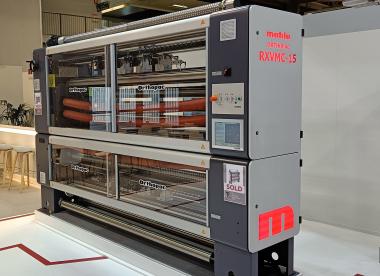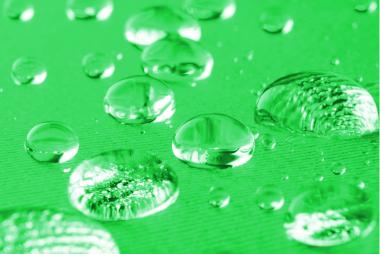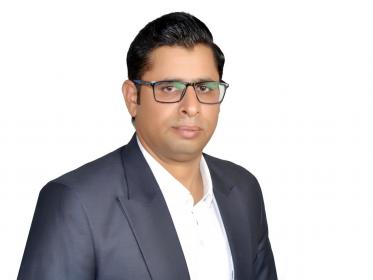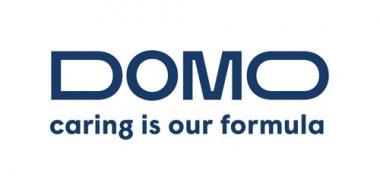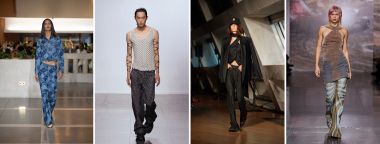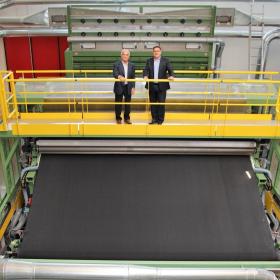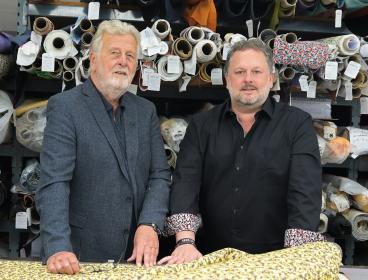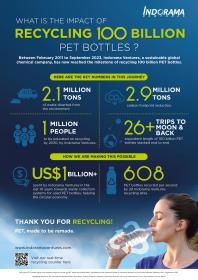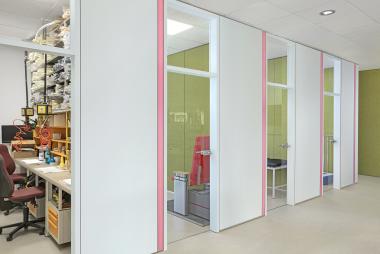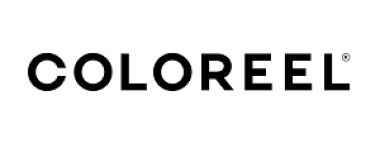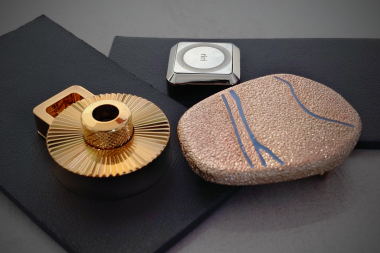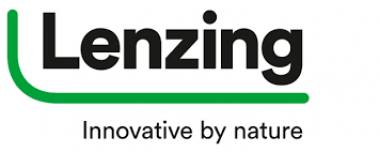Manjushree Group enters Indian nonwovens market with Reifenhäuser Reicofil line
After four decades in the packaging industry, the Manjushree Group is entering the Indian nonwovens market. The entrepreneurs rely on a flexible RF Smart Composite line from Reifenhäuser Reicofil to meet very different customer requirements.
The Manjushree Group operated a blown film line for packaging materials for the tea industry in the eastern part of India as early as 1983. In the years that followed, Manjushree Technopack Ltd. developed into one of the largest suppliers of solutions for rigid plastic products in South Asia - and the family business grew into a group with several business segments. In 2018, the entrepreneurial family repositioned itself: it sold its previous core business to a financial investor and established Manjushree Ventures with footholds in start-up financing, real estate business, and manufacturing - the largest of which is Manjushree Spntek as a producer of high-quality spunmelted fabrics.
Since February 2023, Manjushree Spntek has been producing high-performance spunmelts on an RF Smart Composite line from Reifenhäuser Reicofil - benefiting both from many years of experience in the packaging industry and from experience with Reifenhäuser's blown film lines. "We know a lot about plastic extrusion, for example when it comes to line operating parameters such as temperature and pressure. Processing is similar in both industries," explains Rajat Kedia. "The main difference is the distribution of the products: In plastic packaging, we had an established customer base and sold a lot of material to the big consumer goods manufacturers. The nonwovens market in India, on the other hand, is still forming, with thousands of small companies currently getting involved." These serve customers in their regions, such as hospitals.
The RF Smart Composite line is a standardized spunmelt line for smaller and emerging markets. The line produces nonwovens of the highest Reicofil quality with appropriately adapted throughput. This makes it ideally suited for applications in hygiene and medical technology and, with typically 8,200 annual production hours, it is extremely reliable. In addition, operators can start production quickly because in many cases the line can be integrated into existing buildings.
Before production could start, Manjushree built a new production building in Bidadi, a town an hour's drive from Bangalore International Airport. The building is designed to be sustainable: It uses natural light and fresh air, has comprehensive contamination control, and obtains almost all of its energy from renewable sources. Reifenhäuser Reicofil then installed, commissioned and tested the RF Smart Composite line.
Since February 2023, Manjushree Spntek has been producing high-quality spunmelted nonwovens, including ultra-soft fabrics and fabrics with special coatings for customers in the hygiene and medical industries. The material can be used, for example, for baby diapers and feminine hygiene products, but also for medical articles ranging from surgical gowns to surgical drapes.
Reifenhäuser GmbH & Co. KG Maschinenfabrik






